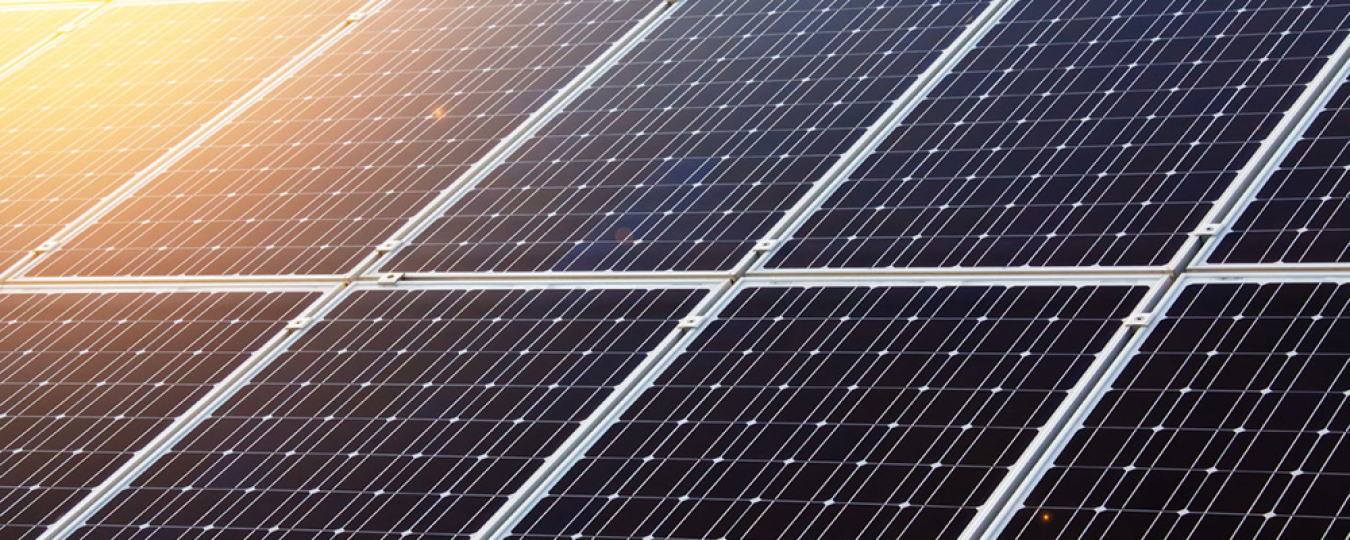Optimizing Solar Efficiency: Unleashing Sustainable Power

Optimizing Solar Efficiency: Unleashing Sustainable Power
Harnessing solar energy is at the forefront of sustainable power solutions, and optimizing solar efficiency is key to unlocking its full potential. Explore the benefits and innovations that contribute to making solar power an increasingly efficient and sustainable energy source.
1. The Significance of Solar Efficiency
Solar efficiency refers to the effectiveness with which solar panels convert sunlight into electricity. It plays a crucial role in determining the overall performance and viability of solar power systems. As technology advances, the quest for higher solar efficiency becomes paramount in ensuring the optimal utilization of this renewable energy source.
2. Advances in Photovoltaic Technology
Photovoltaic (PV) technology is central to solar efficiency. Ongoing research and development in this field have led to significant breakthroughs. Innovations like multi-junction solar cells and tandem solar cells enhance the efficiency of converting sunlight into electricity, pushing the boundaries of what solar power can achieve.
3. Importance of Tracking Systems for Solar Efficiency
Solar tracking systems play a pivotal role in maximizing solar efficiency. These systems orient solar panels to directly face the sun as it moves across the sky. By tracking the sun’s path, solar panels can capture sunlight more effectively throughout the day, leading to increased energy production and improved overall efficiency.
4. Thin-Film Solar Technology: Lightweight and Efficient
Thin-film solar technology represents another stride towards higher efficiency. These lightweight and flexible solar panels are made from thin layers of semiconductor materials. While offering versatility in application, thin-film technology continues to evolve, aiming to enhance efficiency and reduce the overall environmental impact of solar panels.
5. Energy Storage Solutions for Solar Efficiency Benefit
Addressing the intermittent nature of sunlight requires effective energy storage solutions. Batteries and other energy storage technologies store excess energy generated during sunny periods for use during cloudy days or at night. Integration of energy storage enhances the reliability and efficiency of solar power systems, making them more adaptable to varying energy demands.
6. The Role of Artificial Intelligence in Solar Efficiency
Artificial Intelligence (AI) is making significant strides in optimizing solar efficiency. AI algorithms can analyze weather patterns, historical data, and real-time conditions to predict and adjust solar panel settings for maximum efficiency. This dynamic optimization ensures that solar panels operate at peak performance under different environmental circumstances.
7. Solar Efficiency Benefit: A Catalyst for Adoption
The pursuit of higher solar efficiency is not just a technological endeavor; it is a catalyst for the widespread adoption of solar power. As efficiency increases, the cost of solar energy decreases, making it a more attractive and competitive option compared to traditional energy sources. Solar Efficiency Benefit provides valuable insights into maximizing the efficiency of solar power at [solarhelp.info].
8. Government Incentives Encouraging Solar Efficiency
Governments globally are incentivizing the adoption of solar energy by offering benefits and subsidies. These incentives often encourage the installation of high-efficiency solar panels and tracking systems. By leveraging these initiatives, individuals and businesses can make solar power more economically viable while contributing to a sustainable future.
9. Solar Efficiency and Environmental Impact
Improving solar efficiency goes hand in hand with reducing the environmental impact of solar power systems. Higher efficiency means fewer panels are needed to generate the same amount of electricity, reducing the use of raw materials and minimizing the ecological footprint associated with manufacturing and disposal.
10. A Sustainable Future: Solar Efficiency Unleashed
In conclusion, optimizing solar efficiency is a crucial step towards a sustainable future powered by renewable energy. Technological advancements, coupled with supportive government policies and widespread adoption, contribute to making solar power a reliable and efficient energy source. Explore the potential of Solar Efficiency Benefit at [solarhelp.info] and be part of the journey towards a cleaner and more sustainable energy landscape.
